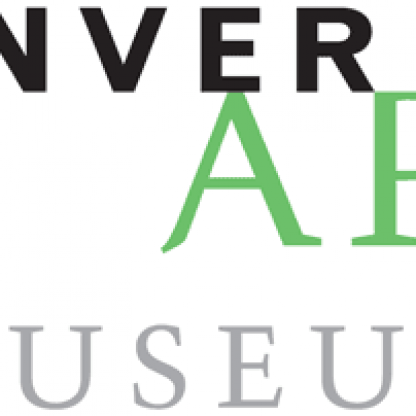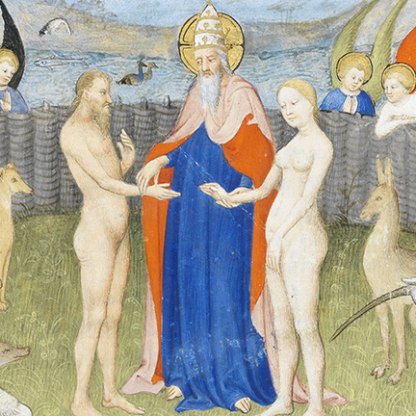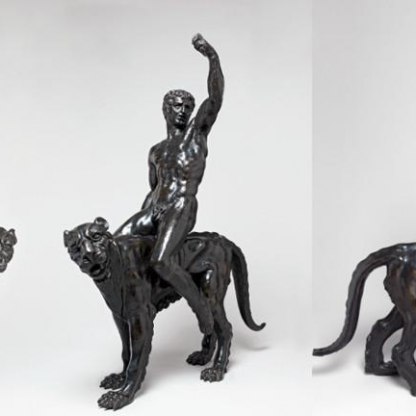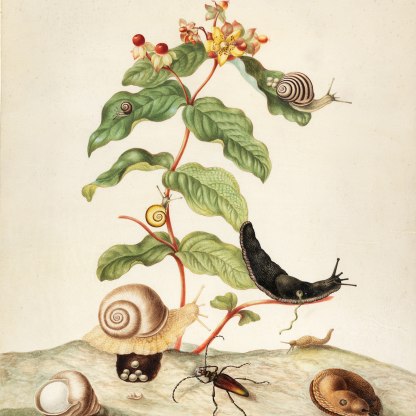Degas: A Passion for Perfection
In October 2017, Fitzwilliam Museum marked the centenary of Edgar Degas's death with an exhibition that brought into focus its holdings of works by the artist. Consisting of paintings, drawings, pastels, etchings, monotypes, counterproofs and sculpture in bronze and wax, the Fitzwilliam's collection is the most extensive and representative in the UK. The wide range of media offered the opportunity to examine Degas’s relentless desire to experiment and reinvent, an aspect of his artistic practice that some attributed to chronic self-doubt; others to a ‘passion for perfection’.
The exhibition highlighted many of the themes most prominent in Degas's work: his interest in learning from the art of the past and of his contemporaries, a life-long fascination for the nude, and, especially, the world of the opera and dance; a final section considered Degas's artistic legacy, displaying works by twentieth- and twenty-first-century artists who in different ways have been profoundly influenced by Degas's example.
A series of highly significant loans from public and private collections in Europe and the United States were secured to contextualise the Fitzwilliam’s collection; several were accorded exceptionally to the exhibition and exhibited for the first time. Technical analyses of paintings, drawings, prints and three extremely rare wax figures of dancers proved revelatory and offered the basis for new understandings of Degas’s working methods and interpretations of his work.
The exhibition also included a group of rarely seen paintings and drawings from the collection of the economist John Maynard Keynes, bought directly from Degas's posthumous studio sales in 1918 and 1919, and bequeathed to King's College, Cambridge.
The accompanying book, published by Yale University Press and edited by the exhibition’s curator, Jane Munro, contains essays by leading Degas scholars and in-depth studies by conservation scientists and specialists in sculpture and printmaking.
The exhibition formed part The Art of Friendship in 19th-Century France, led by Dr Nick White (University of Cambridge) and Dr Andrew Counter (University of Oxford). This work was supported by the Arts and Humanities Research Council (AHRC) [grant number AH/P002447/1].
The exhibition was also shown at Denver Art Museum.
Funders and partners
Other research projects you might like
Sign up to our emails
Be the first to hear about our news, exhibitions, events and more…





